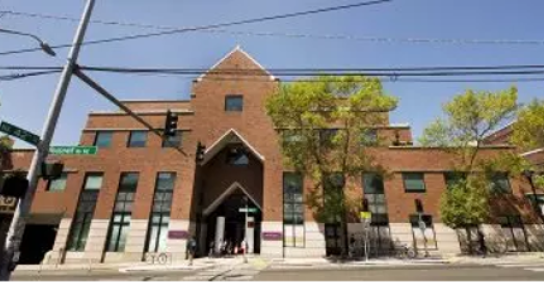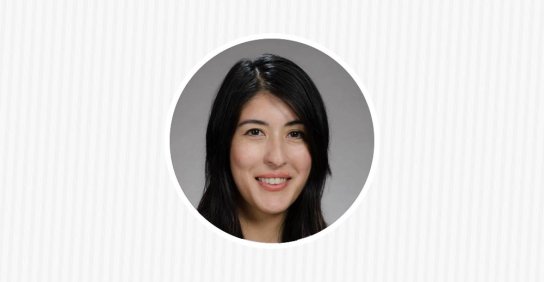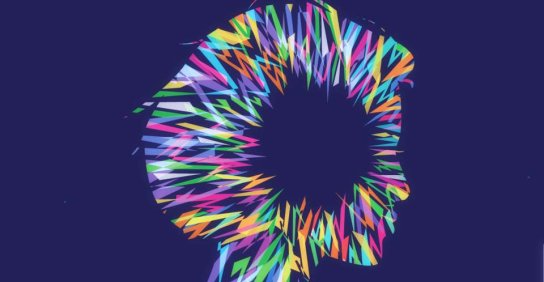4225 Roosevelt Way NE, Seattle, WA 98105
Headache and Migraine Care
We’ve helped many people find relief from migraines and other headaches. You can count on us to get your pain under control.
Headache and Migraine Care
We’ve helped many people find relief from migraines and other headaches. You can count on us to get your pain under control.

When do you need to see a headache specialist?
For some people, headaches are an occasional, yet treatable, nuisance. But for many others, headache pain is constant or severe — and interferes with much of their lives.
If migraines or other headaches make it hard to get through your day, turn to the Headache Clinic at UW Medicine. We’ve helped thousands of patients pinpoint the cause of new or chronic headaches and migraine triggers and find treatments that work.
Providing relief to people with chronic headaches and migraines
Because there are more than 150 types of headaches, it’s important to seek care from experts who can tell them apart and recommend the most effective treatments.
Our Headache Clinic is led by one of the few board-certified headache medicine specialists in Washington. Other members of our team, including neurologists, physician assistants and nurse practitioners, care solely for people with headache disorders. This means we have a depth of experience that you can’t find in every health system.
Headaches and migraines we treat
Whether your headaches are hormone-related or inherited, you’ll find the care and support you need at UW Medicine. We diagnose and treat all types of headaches in adults, including primary (not caused by another medical condition) and secondary (caused by another health problem) headaches.
We offer many treatments for primary headaches, including oral medicines, biofeedback therapy, neuromodulation devices, and Botox or other injections. If you have secondary headaches, including pain caused by high blood pressure or a brain tumor, we’ll connect you to specialists who can treat the underlying condition.
Our areas of expertise include:
Cluster headaches
Severe bursts of head pain that occur in groups (clusters) over an extended period of time. Attacks generally last from 15 minutes to three hours and can occur several times a day for weeks or months.
Medication overuse headaches
These headaches occur when you use pain medication more often than you should. This can cause your medication to become less effective and trigger new headaches that occur almost daily.
Migraines
Strong, throbbing headaches that tend to occur on one side of the head and often cause light and sound sensitivity. They can occur with or without an “aura” (symptoms such as vision problems and weakness).
Tension headaches
A common type of headache that often causes dull, aching pain and a feeling of tightness or pressure around the forehead. Some people also experience tenderness on their scalp, neck or shoulder muscles.
Learn more about migraine symptoms, triggers and treatments
Headache care at UW Medicine

Headache Clinic at UW Medical Center –- Roosevelt

Neurology Clinic at Eastside Specialty Center
3100 Northup Way, Bellevue, WA 98004
Meet our headache specialists

Natalia Murinova, MD
Dr. Muranova is a board-certified neurologist who specializes in headache medicine. She is the director of the UW Medicine Headache Clinic.

Ami Cuneo, MD
Dr. Cuneo is a board-certified neurologist who specializes in headache medicine and general neurology.

Tara Sharma, DO
Dr. Sharma is a board-certified neurologist who specializes in sports neurology, including sports-related concussion, post-traumatic headache, and traumatic brain injury.
-
Acupuncture
-
Biofeedback therapy
-
Botox injections
-
CEFALY nerve stimulation
-
Clinical trials
-
gammaCore nerve stimulation
-
Massage therapy
-
Medication
-
Neuromodulation devices
-
Occipital nerve blocks
-
Sphenopalatine ganglion (SPG) blocks
-
Trigger point injections
Patient resources and support

Migraine Aura or Stroke?
More than 60 million Americans experience migraine, with about 20 percent experiencing migraine with aura. Migraine with aura involves recurrent headaches accompanied by vision changes (e.g., bright lights or zigzag lines), sensory disturbances (e.g., tingling), difficulty with speech and other neurologic symptoms.

No, a Migraine Is Not Just a Bad Headache — Here’s Why
“Most people with migraine are not able to function during the headache, which is different from tension-type headaches, in which people can function,” says Dr. Natalia Murinova, director of the UW Medicine Headache Clinic.

What Are Rebound Headaches and How Can You Cope?
Many pain medications say headache or migraine relief right on the bottle. But most pain medications weren’t specifically designed to treat headaches, and if used more than 10 days per month, they can worsen your headaches or cause a headache disorder to develop into chronic migraines.